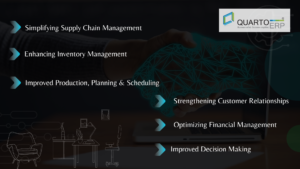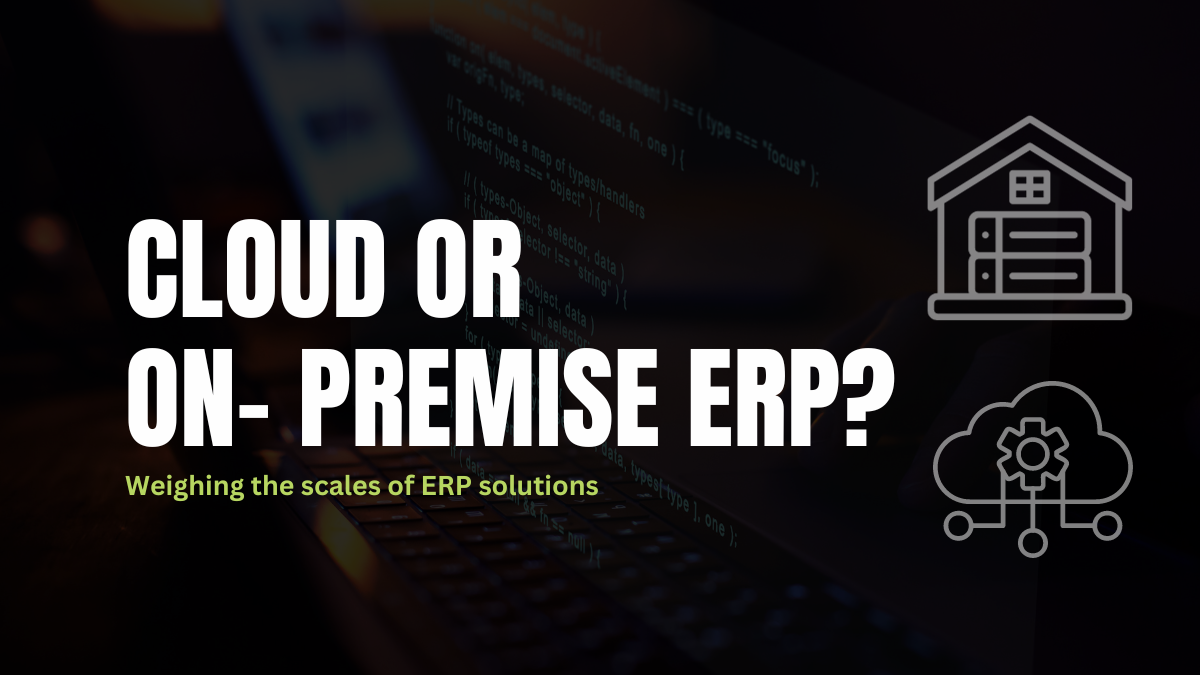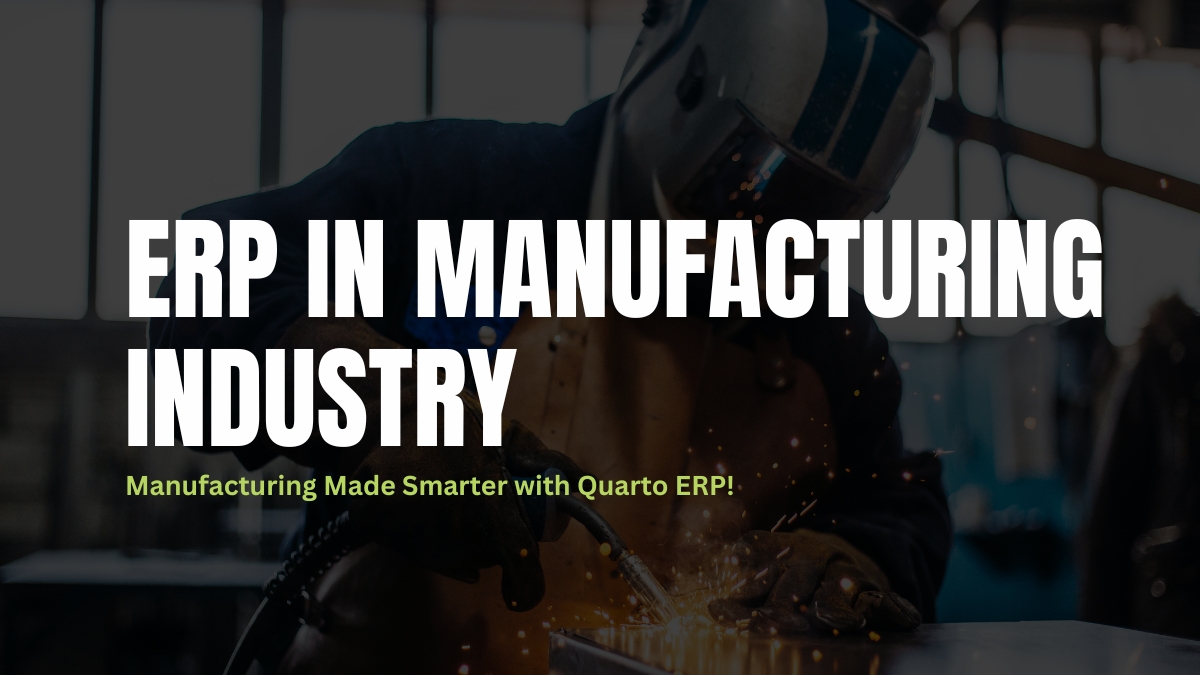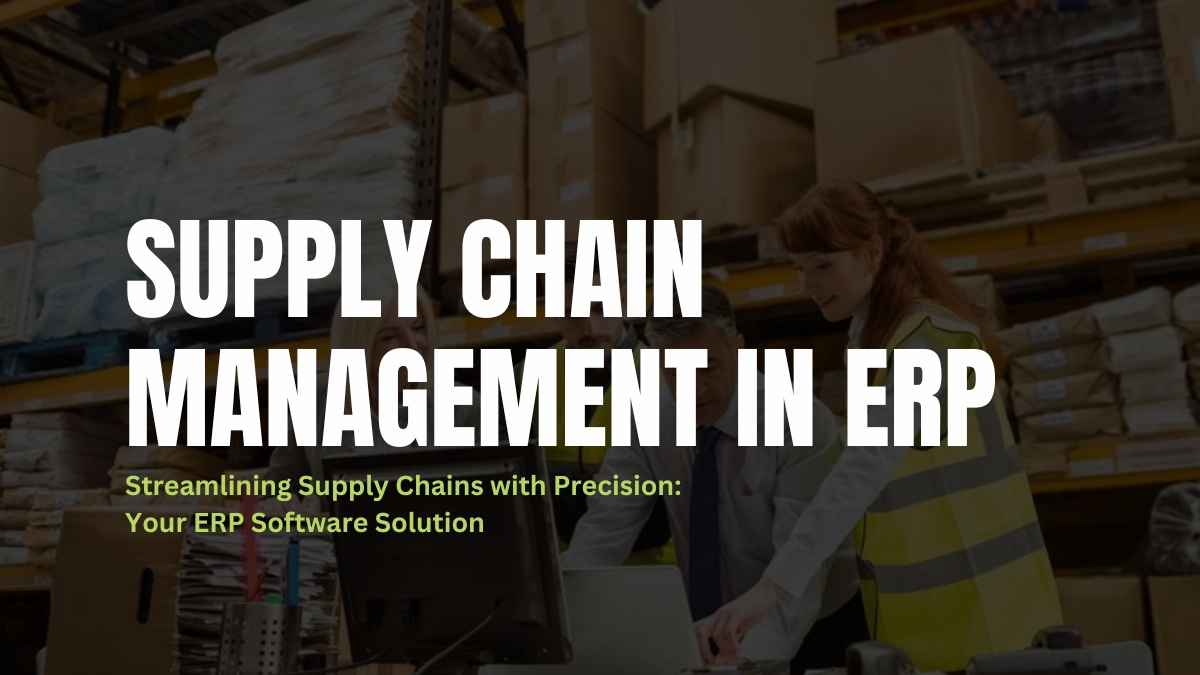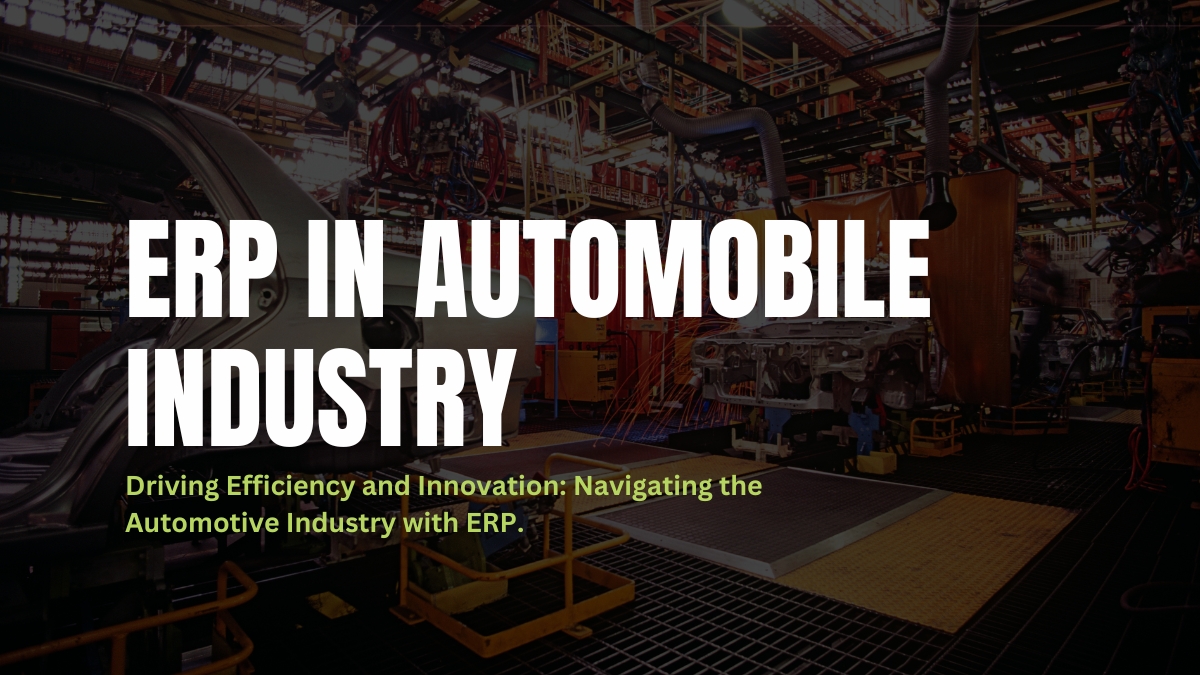In today’s competitive business landscape, it is more important than ever for companies to have efficient and effective enterprise resource planning (ERP) software in place. ERP software can help businesses to streamline operations, improve customer service, and make better decisions. However many businesses are not aware of all the features that ERP software can offer. Let’s dive into the Top 10 essesntial erp features.
Multi Company set up
Consider a corporation with multiple subsidiaries. The multi-company ERP system enables centralized management of core functions such as finance, human resources, and inventory streamlining operations. A manufacturing company with multiple plants can optimize resource allocation by monitoring production and inventory levels across various locations through ERP systems.
Customization
A manufacturing company might require unique workflows or data fields to track production processes efficiently. With customization features, they can modify the ERP system to include these specific elements, enhancing productivity and ensuring the software aligns closely with their business processes. Customization empowers businesses to adapt the ERP system to their industry, workflow, or regulatory requirements, fostering a more seamless integration of the software into their daily operations.
Modularity
If a company expands its operations, it can easily integrate new modules for additional functionalities like inventory management or customer relationship management without disrupting the existing systems. The flexibility enhances scalability and ensures that the ERP system evolves with the business, optimizing processes as requirements change.
Multi currency
Let’s consider a company based in the United States that exports electronics to Europe and imports raw materials from Asia. With a multi-currency ERP system. The system can handle sales transactions in euros for European customers and purchase transactions in different currencies, such as yen for materials from Asia. This ensures accurate recording of financial transactions in their respective currencies. With Quarto ERP you can update exchange rates, helping the business stay current with fluctuating currency values.
Mobile accessibility
For example , field sales representatives can use their ERP system on their mobile devices to access real-time inventory data, place orders, and update customer information while on the go. This enhances communication, reduces delays, and enables businesses to make informed decisions promptly.
Cloud based
Imagine a manufacturing company using a cloud-based ERP system. Its production managers can access real time inventory data, track supply chain movements, and make informed decisions from different locations. As the company expands, it can seamlessly increase its ERP resources in the cloud to accommodate growing data and user requirements without significant upfront costs.
International reporting requirements
If a company operates in both the United States and the European Union, the ERP system can generate financial reports that adhere to GAAP (Generally Accepted Accounting principles) for the U.S. Operations and IFRS (International Financial Reporting Standards) for EU operations. This ensures accurate and standardized reporting, facilitating smoother financial management and regulatory compliance on a global scale.
Industry Specific
Industry-specific features in an ERP system are tailored functionalities designed to address the unique needs of a particular business sector. For instance, in the manufacturing industry, an ERP system may include features for supply chain management, production planning, and quality control. This specification enhances efficiency and accuracy by aligning the software with industry specific processes, ultimately streamlining operations and improving overall productivity.
GST related reports
ERP system helps businesses by providing comprehensive insights into their Goods and Services Tax (GST) transactions and compliance. For example, it can generate reports such as GST returns, tax summaries, and input tax credit reconciliation. This ensures that businesses can easily track their GST obligations, identify potential errors, and maintain compliance with tax regulations, ultimately facilitating smoother financial management and reducing the risk of penalties.
Import Backup Data
If a business encounters a system failure, data corruption, or accidental deletion of important records, the import backup data feature enables them to revert to a point in time when the data was intact. This ensures minimal data loss and disruption to operations, promoting a more robust and reliable ERP system.
In conclusion, exploring the hidden gems among ERP features can uncover valuable tools that revolutionize your business processes. From advanced analytics to collaborative modules, these lesser known functionalities have the potential to elevate your efficiency and innovation. Embrace the full spectrum of ERP capabilities to stay ahead in the dynamic landscape of business technology.
Also read : General feature module of Quarto ERP.




